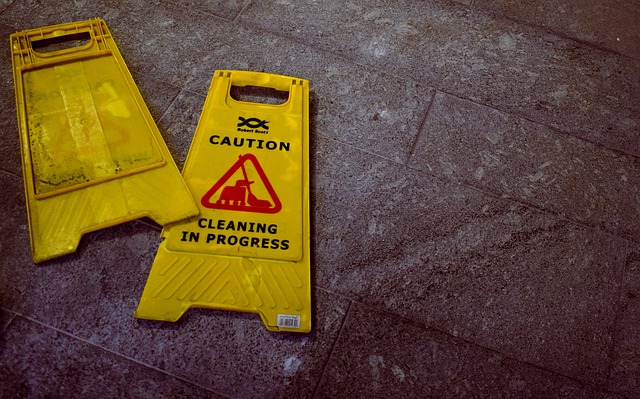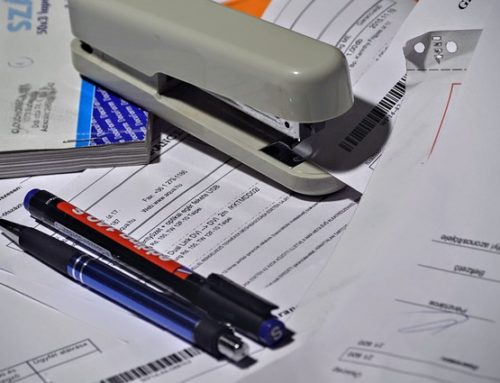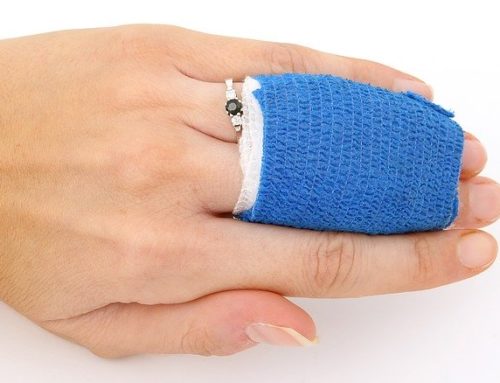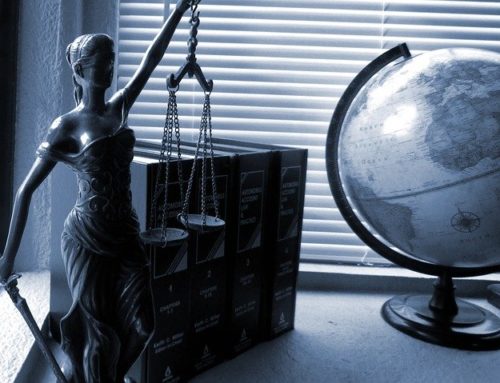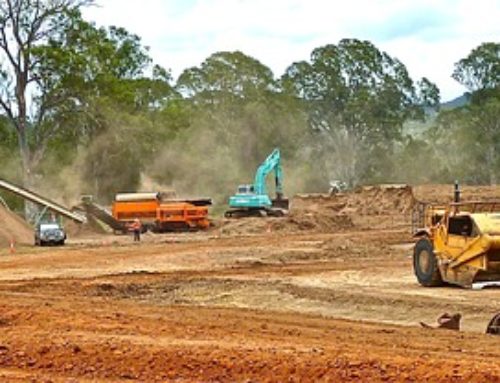Owning property in Tennessee exposes you to some legal liability every time any person enters the premises. This opens you up to a lot of potential lawsuits.
As premises liability defense attorneys we get many questions both about what a plaintiff must prove to win their case and about steps they can take to protect themselves from liability.
Here are a few of the most common ones.
What are my duties as a property owner?
As a property you are expected to maintain the property well enough to permit hazards, and to warn visitors of potential safety hazards through clear, unambiguous signage when the hazard can’t be dealt with right away.
This is because Tennessee law assumes you have more knowledge than any visitor about the condition of the premises. And while you’re not considered an “insurer of safety,” you are required to use “all due care,” an opinion outlined in the 2004 case, Blair v. West Town Mall.
What should I do if I can’t afford a necessary repair?
Make sure visitors are made aware of the hazard so they can avoid it. Using signs, cones, or caution tape are all acceptable ways to do this. You should make the repair a priority as soon as possible.
How much time do I have to make the repair?
Time is getting less relevant in personal injury cases.
If you’ve let a condition sit for a long time without addressing it or informing anyone of it this can certainly open you up to liability. But sometimes it’s not a question of how long that specific hazard was there. It’s a question of whether that hazard appears over and over again due to your “method of operation.”
For example, in the 1996 case Beske v. Opryland, the plaintiff took a fall when passing through a turnstile to catch a train. Opryland didn’t allow drinks on the train, so passengers would routinely discard drinks and snacks. Often, they skipped the trash receptacles in favor of littering the ground and walkway. Management was aware of this. Employees sometimes cleaned the spills, but only if they didn’t get too busy. Thus, it did not matter if the particular spill that tripped Beske was only there for a few seconds, because the way the defendant did business created these conditions on a daily basis.
Am I responsible if someone gets robbed or assaulted on my property?
You are not directly responsible, no. Nor are you required to guarantee any visitor’s safety from third parties.
But in the 1996 case McClung v. Delta Square Limited Partnership, the court did rule if you know there is a pattern of criminal activity on and around your premises, you have a duty to provide reasonable security measures.
Am I on the hook for every person who hurts themselves on my property?
No. The court also looks at the plaintiff’s activities to see if the plaintiff’s own negligence, rather than yours. The plaintiff can’t recover damages if he or she was more than 50% responsible for the injury.
It also looks at whether you or someone acting on your behalf caused or created the condition. If a third party caused or created the condition, and it was not a “method of operations” problem, then the plaintiff has to prove the defendant had “constructive notice” the condition existed.
See also: What You Need to Know About Punitive Damages.
Is my business insurance policy enough to protect me?
Personal injury liability insurance pays out if you end up having to pay a plaintiff. It does not release you from any liability.
The real protection comes from having a skilled premises liability lawyer with a good track record working on your behalf. If you’re being sued, don’t wait. Contact our offices today.
